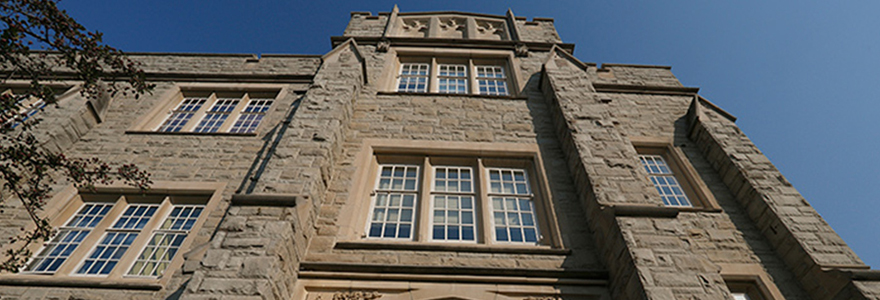Nuclear Medicine

Description of division:
The Division of Nuclear Medicine has a long tradition of excellence at Western University. It is one of the largest academic Nuclear Medicine divisions in North American, providing services to local (London Health Sciences Centre and St. Joseph’s Health Care) and regional hospitals (Woodstock General Hospital) as well specialized services to patients from further afield. The division has research linkages with Lawson Health Research Institute, Lawson Imaging and Robarts Research Institute.
The Nuclear Medicine staff physicians have a broad range of subspecialized expertise, encompassing such areas as cardiac hybrid imaging, cancer diagnosis and therapy. This expertise supports innovative programs including large thyroid cancer, neuroendocrine tumour and other targeted oncologic therapeutic practices and a functional/anatomic cardiac imaging program among others.
The wide scope of practice available has resulted in this centre being the largest training program for residents in Nuclear Medicine in Canada, having trained many Nuclear Medicine specialists across the country and internationally. Similarly, this breadth of experience has attracted increasing numbers of learners from many disciplines who wish to gain enhanced training in focal areas of excellence through our fellowship program.
List of the division members:
Dr. Jonathan Romsa, Chair/Chief, Division of Nuclear Medicine
Dr. Cigdem Akincioglu
Dr. David Laidley
Dr. Irina Rachinsky
Dr. Duncan Sutherland
Dr. William Vezina
Dr. James Warrington
Research:
Research is a fundamental component of the academic activity of the Division of Nuclear Medicine. Research is emphasized as part of the scholarly work of all members of the department including Nuclear Medicine technologist students, medical students, residents, fellows, staff physicians and scientists. The increasing emphasis on research has been paralleled by the growth in our fellowship program. Current active areas of research include cardiac hybrid imaging (functional imaging with SPECT and anatomic imaging with coronary CT angiography), cancer diagnosis and therapy (eg. neuroendocrine tumours with MIBG/lutetium, thyroid cancer with I-131 and liver cancer with Yttrium-90). Brain imaging with a focus on seizure localization and dementia evaluation has also been an area of increasing research interest. The division’s research infrastructure consists of imaging resources including SPECT, SPECT CT, PET CT, PET MRI, coronary CT angiography as well as the necessary links to collaborating physicians, scientists and research institutes. The Division of Nuclear Medicine is also actively developing a Masters graduate program in Nuclear Medicine.








